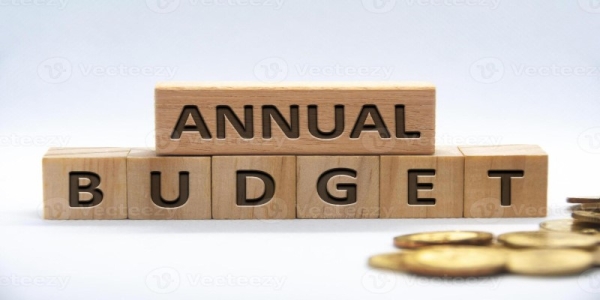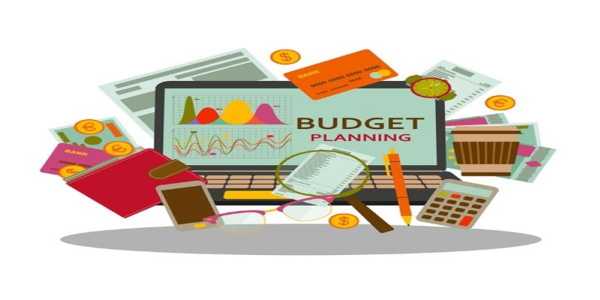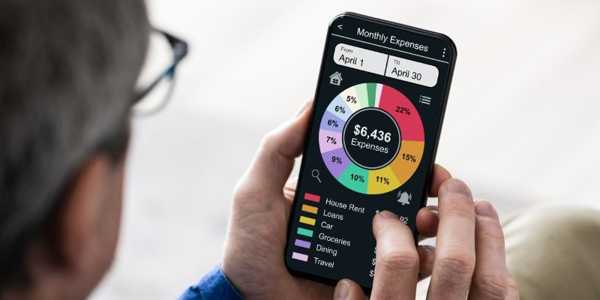How Do You Plan A Yearly Budget On One Income? Here’s How To Make It Work
Budgeting is tricky enough on two incomes, so how can anyone possibly manage on just one? Whether you're the sole earner in your household by choice or circumstance, budgeting on one income can feel like walking a financial tightrope. But here's the good news: with thoughtful planning and clear priorities, it's entirely doable.
Let’s walk through how to plan a yearly budget on one income. From building a cushion for emergencies to making room for life's little joys, this guide offers practical steps you can follow—no fancy finance degree required.
Understand Where You Stand Financially
Before you do anything else, you need to get crystal clear about your current situation. Many people skip this part and jump straight to cutting costs. However, the truth is that if you don't know what you're working with, you'll likely build a budget that doesn't accurately reflect your real needs.
Start by calculating your net income—the amount that lands in your bank account after taxes and deductions. Then, track your expenses for at least one month. Don't just estimate. Use receipts, bank statements, or budgeting apps to get the whole picture. This will give you clarity about where your money goes and what needs to change.
It's essential to understand the distinction between fixed and variable costs on a single income. Fixed costs—like rent, insurance, or car payments—are predictable. Variable ones—like groceries or entertainment—can be adjusted.
Define Clear Priorities And Long-Term Goals
Living on one income doesn't mean you give up your dreams—it means you align your money with them more intentionally. What matters most to you? Perhaps it's saving for a home, supporting your kids' education, or finally paying off debt.
List your top three financial priorities. Then ask yourself: what does success look like a year from now? Having a target gives your budget a purpose and helps you stay motivated.
This step also makes it easier to say "no" to spending that doesn't align with your goals. If your dream is to pay off a loan this year, you'll think twice before spending on an expensive new gadget. Budgeting becomes less about restriction and more about directing money toward what matters.
Build A Customised Annual Budget
Now it’s time to turn your vision into numbers. Unlike monthly budgeting, an annual budget allows you to see the big picture. This makes it easier to prepare for irregular expenses—like birthdays, school fees, or car maintenance—that can derail a one-income household if they aren’t planned for.

Start by creating categories for all your expenses, and assign realistic amounts based on past spending and future needs. Include everything from rent and groceries to holiday gifts and doctor visits. Then, map out those expenses over a twelve-month period. For example, if your car insurance is due in August, be sure to note the date. That way, you can start setting aside a little each month, rather than scrambling when the bill arrives.
Try to set aside at least 10% of your income for savings. If that feels impossible right now, start with what you can and increase it over time. Even small contributions build up over a year.
Focus On Flexibility, Not Perfection
No budget is perfect, especially one that spans an entire year. Life is unpredictable. Kids get sick. Appliances break. Unexpected opportunities come up. The key is to build flexibility into your budget, rather than punishing yourself every time something goes off track.
One smart move is to include a "miscellaneous" or "buffer" category in your budget. This gives you Breathing room for the unexpected without needing to dip into savings.
Review your budget monthly to assess your progress. If you consistently overspend in one area, adjust your spending there instead of feeling like you've failed; this approach will help you stay on track. A budget should evolve as your life does.
Find Smart Ways To Cut Costs Without Feeling Deprived
When you're on a single income, trimming expenses becomes a necessity—but it doesn't have to feel like a constant sacrifice. Instead of cutting randomly, look for expenses that aren't adding much value to your life.
Here are two sections where trimming can make a big difference without making you feel like you’re missing out:
Groceries And Food
Meal planning can save a surprising amount of money. When you plan your meals and shop with a list, you avoid unnecessary purchases and food waste. Buying in bulk, choosing generic brands, and cooking at home more often are also great ways to save without sacrificing your favourite dishes. Try prepping meals for the week ahead during the weekend—this reduces the temptation to order takeout when you're tired.
Entertainment And Subscriptions
Evaluate your streaming services, memberships, and app subscriptions to determine if they are worth keeping. Do you use them all? Many people pay for things monthly out of habit. Cutting even two unused services can free up money that could be allocated toward savings or debt reduction. Instead of expensive outings, look for local free events or game nights at home. Fun doesn't always have to come with a price tag.
Make Saving Automatic And Non-Negotiable
Saving money on one income might sound unrealistic, but it's essential. Without a financial backup plan, unexpected expenses can hit hard. The trick is to treat savings like a bill you pay to yourself, before you spend on anything else.

Set up automatic transfers to your savings account every payday. Start small if needed. Whether it’s $25 or $100 a month, consistency matters more than size. Over time, this will become just another part of your financial routine.
You can separate your savings into categories, including an emergency fund, long-term goals, and short-term needs (such as a car repair fund). This helps you stay organised and reduces the temptation to dip into savings for non-emergencies.
Let Your Budget Empower You, Not Limit You
Budgeting on one income isn’t about cutting every corner or saying no to fun. It’s about designing a life that works for you, using the money you already have. A well-planned yearly budget gives you control, peace of mind, and the freedom to pursue your priorities without panic.
Think of your budget as a personal roadmap, not a prison. When used with intention, it helps you feel less overwhelmed and more in charge, even on a single paycheck.







